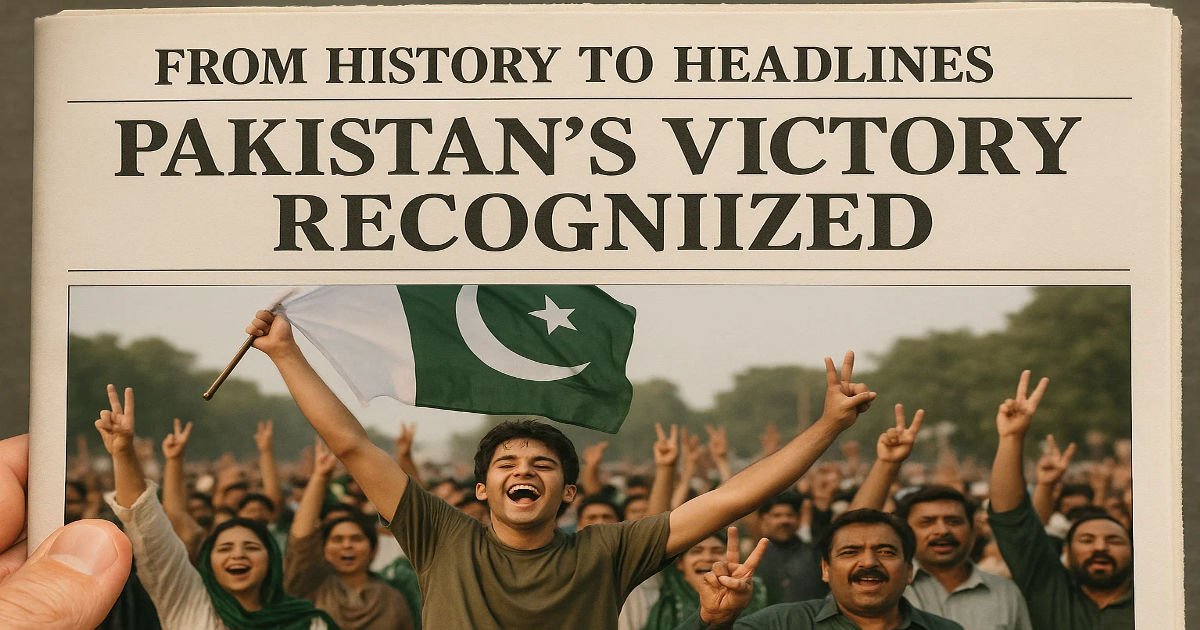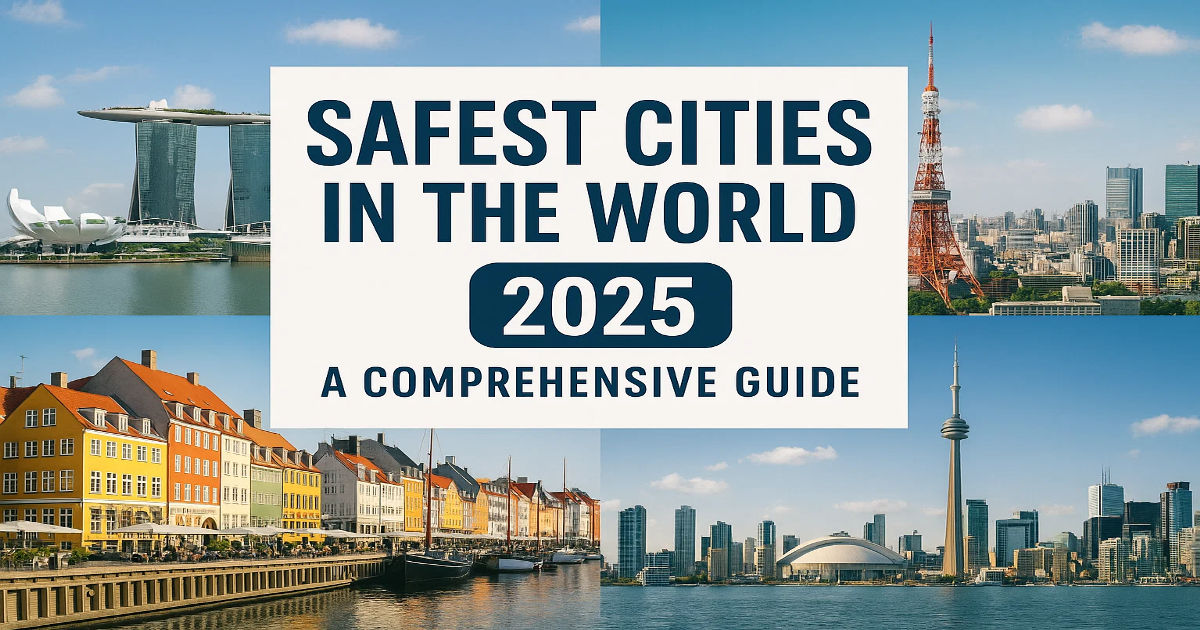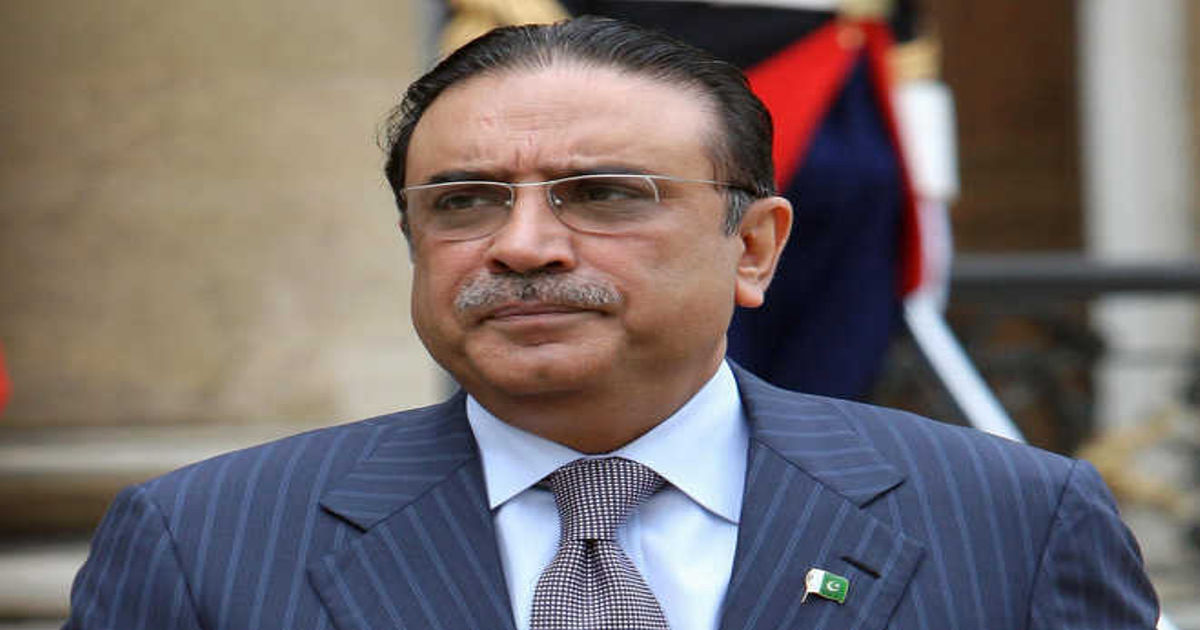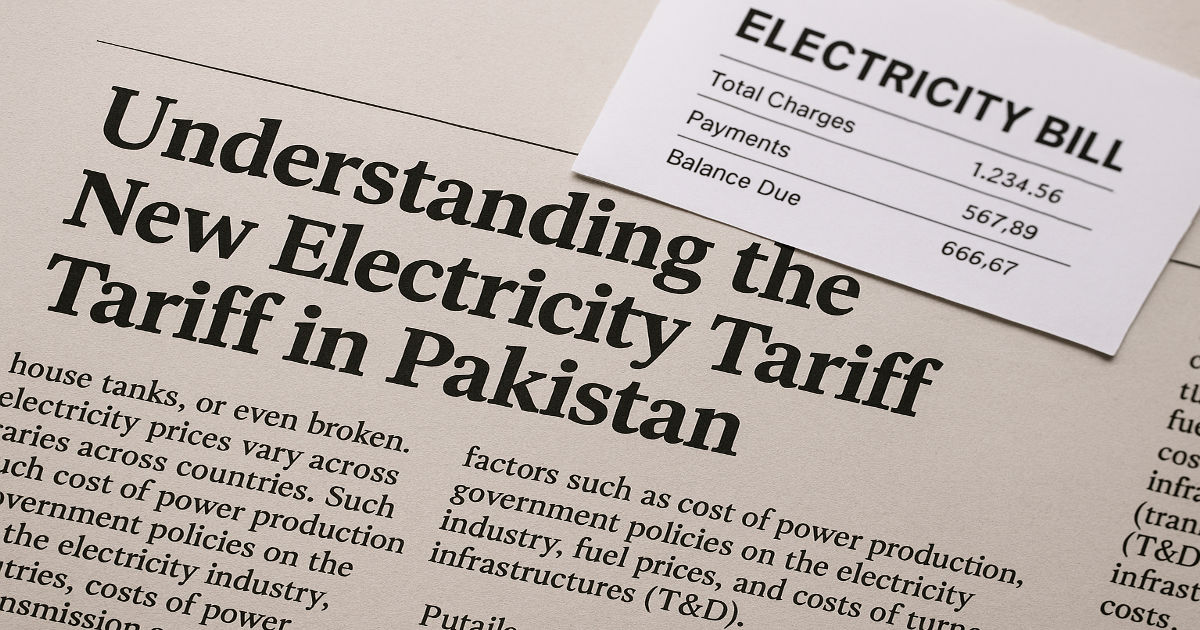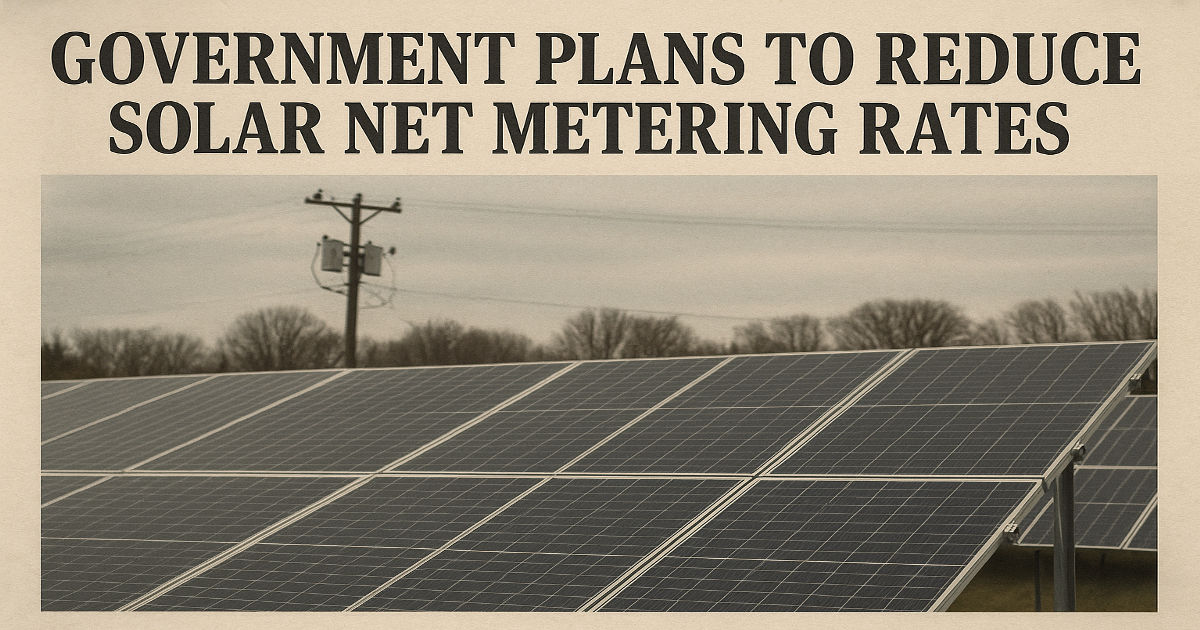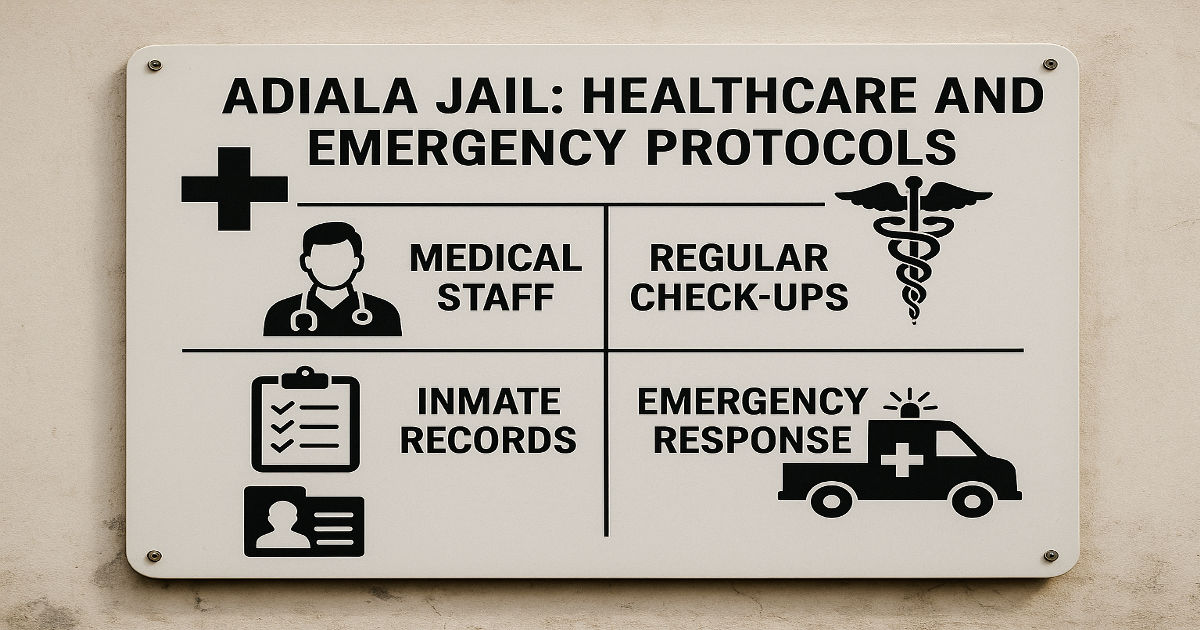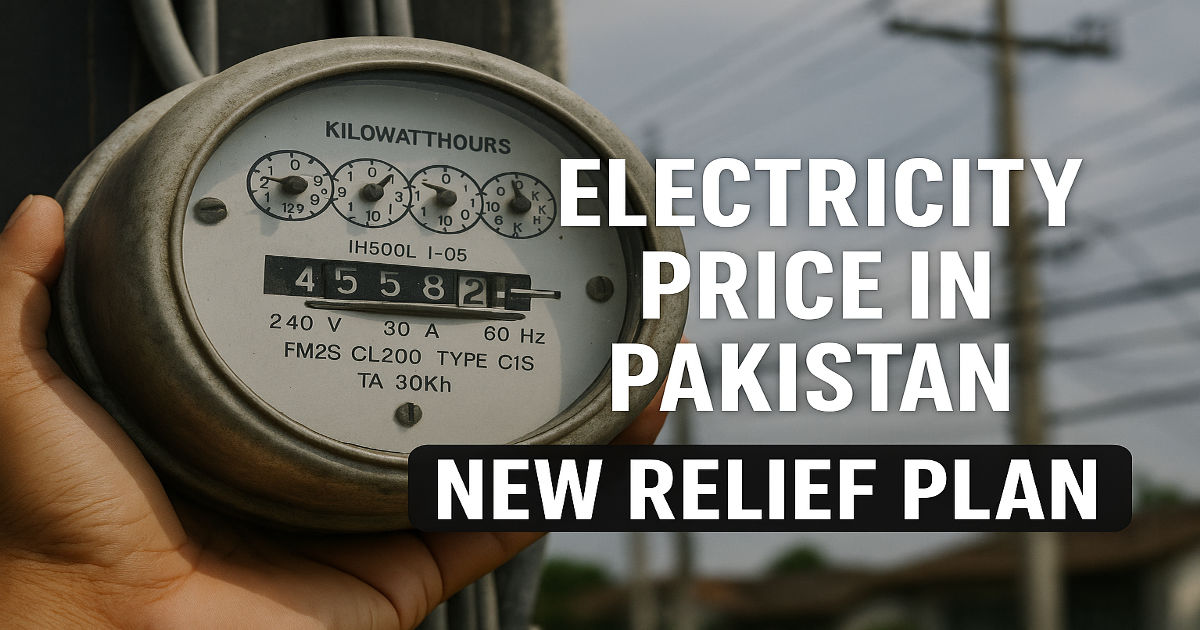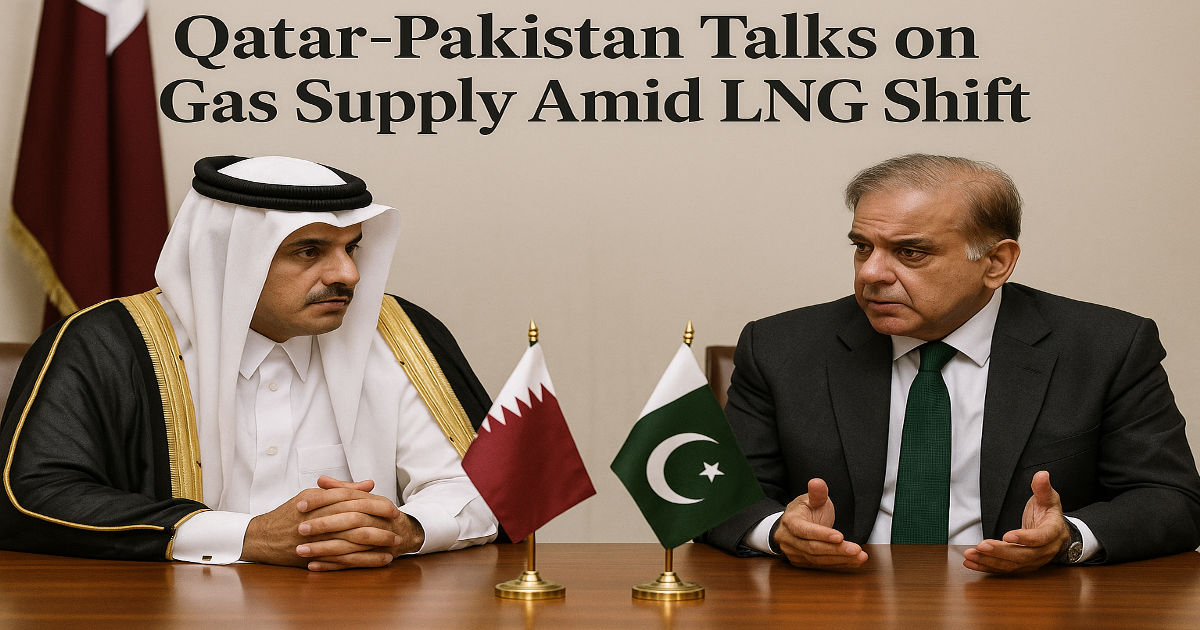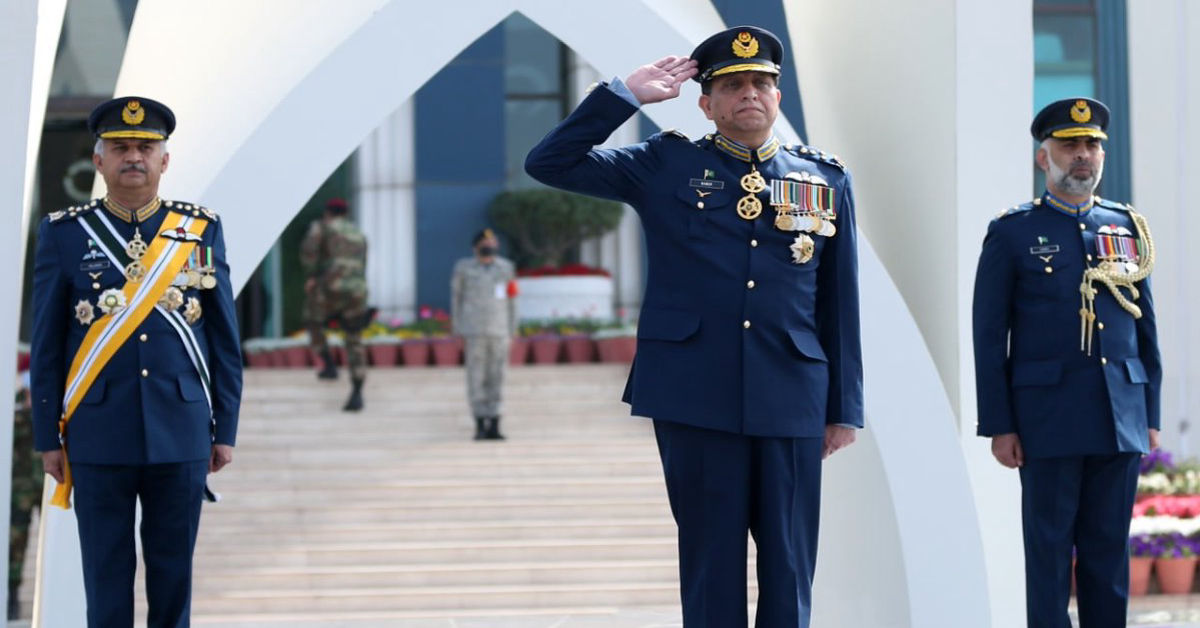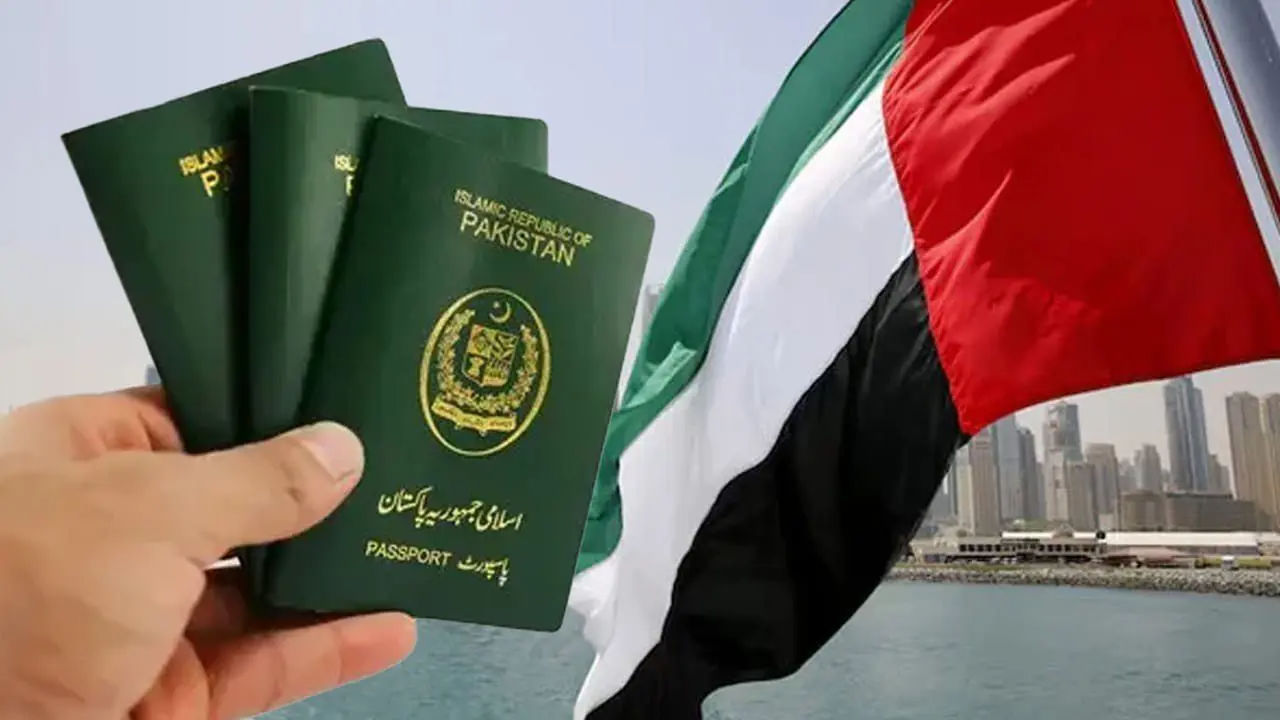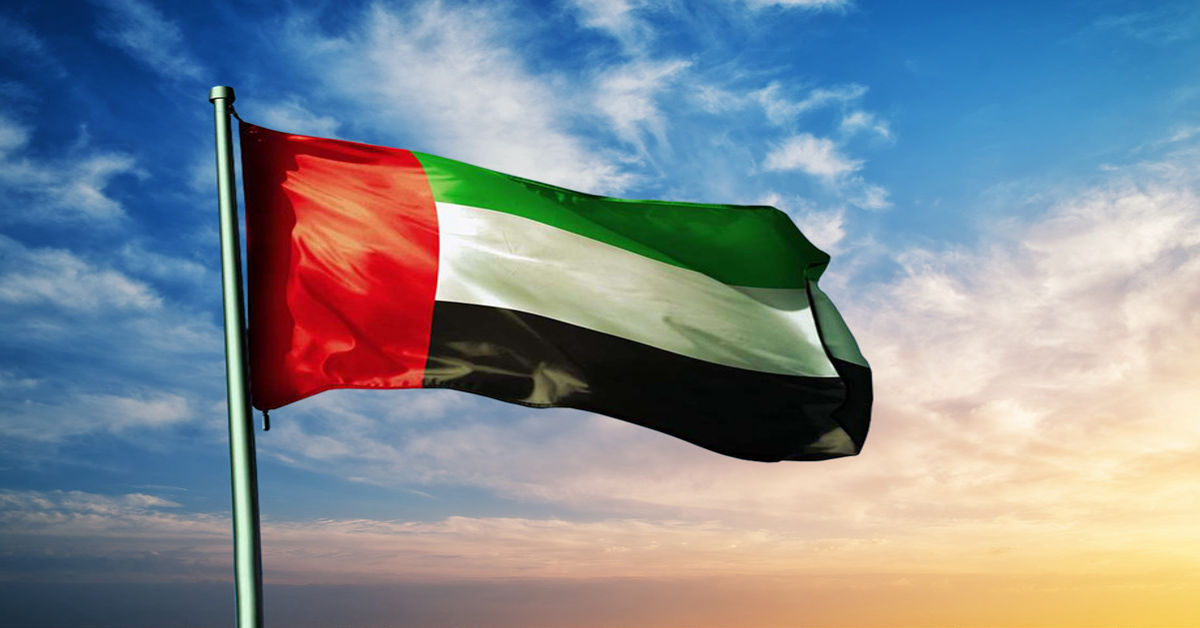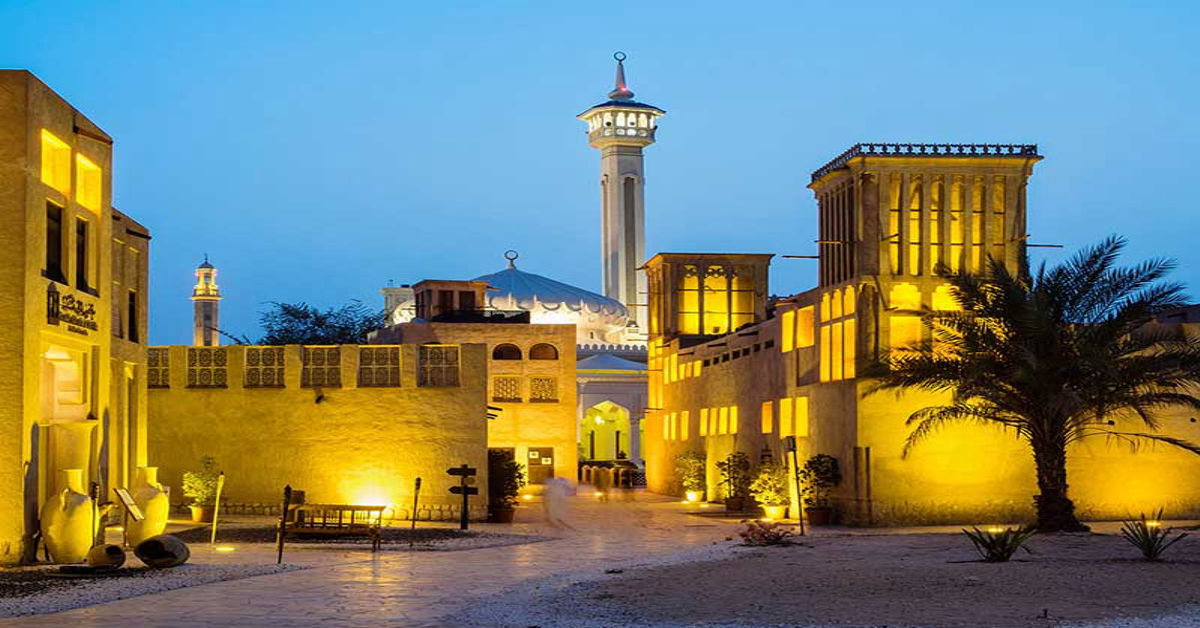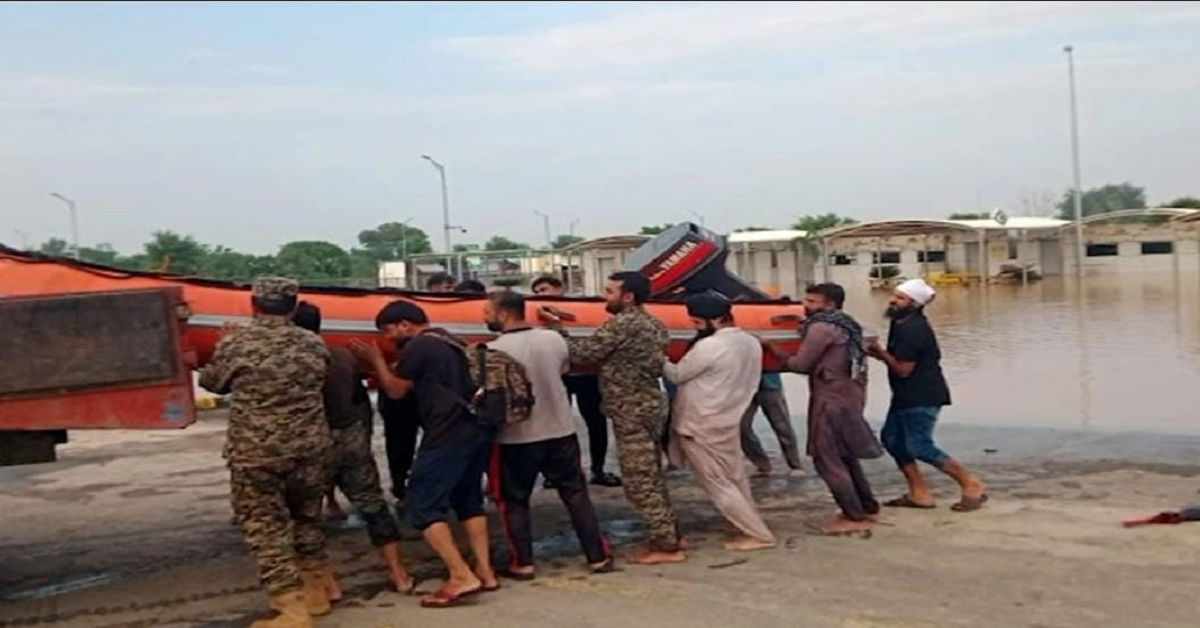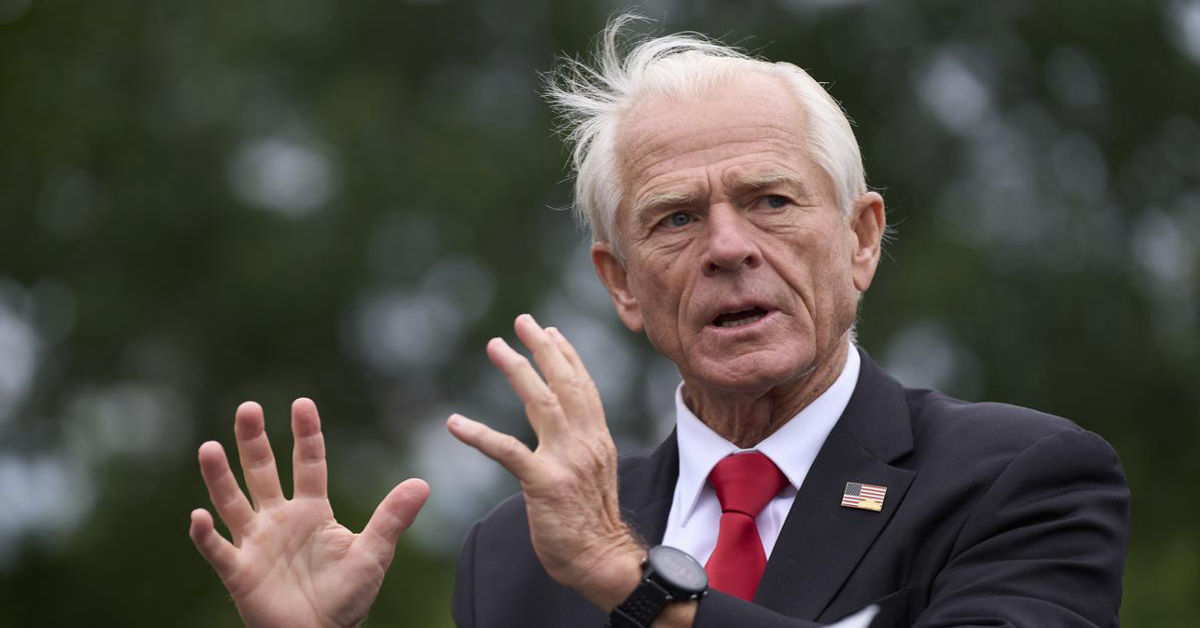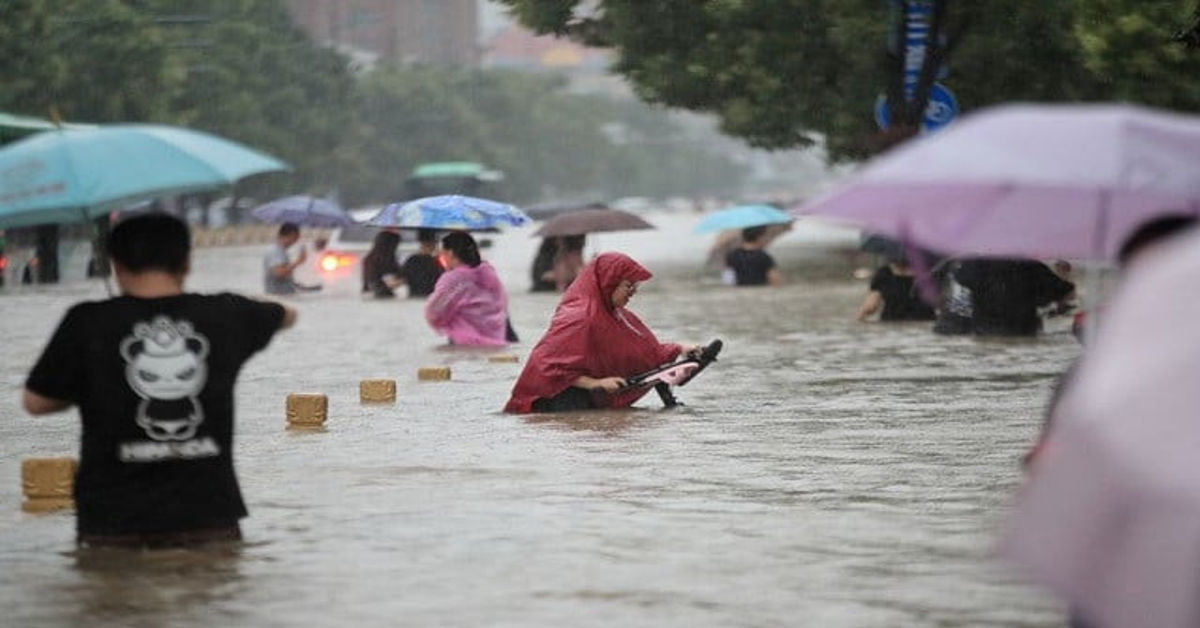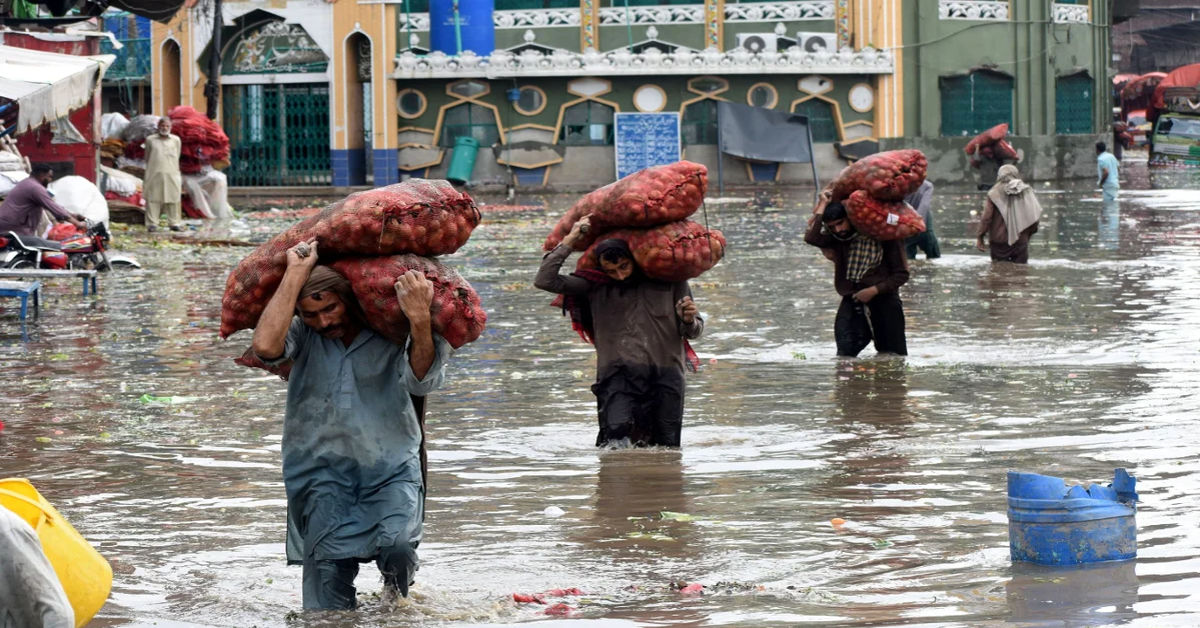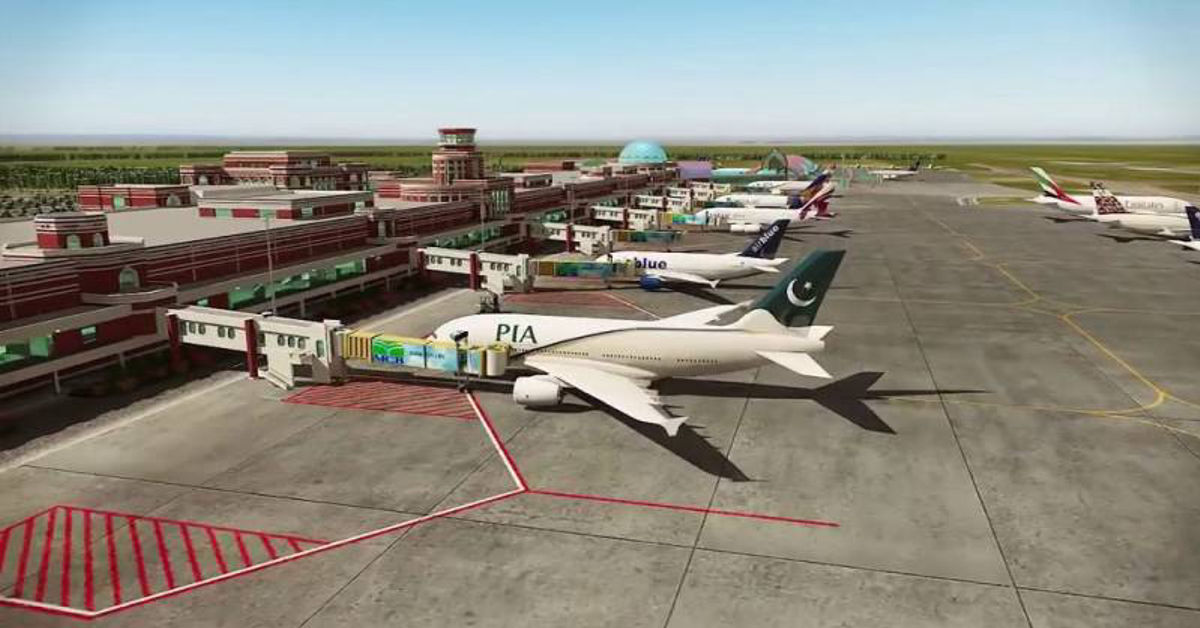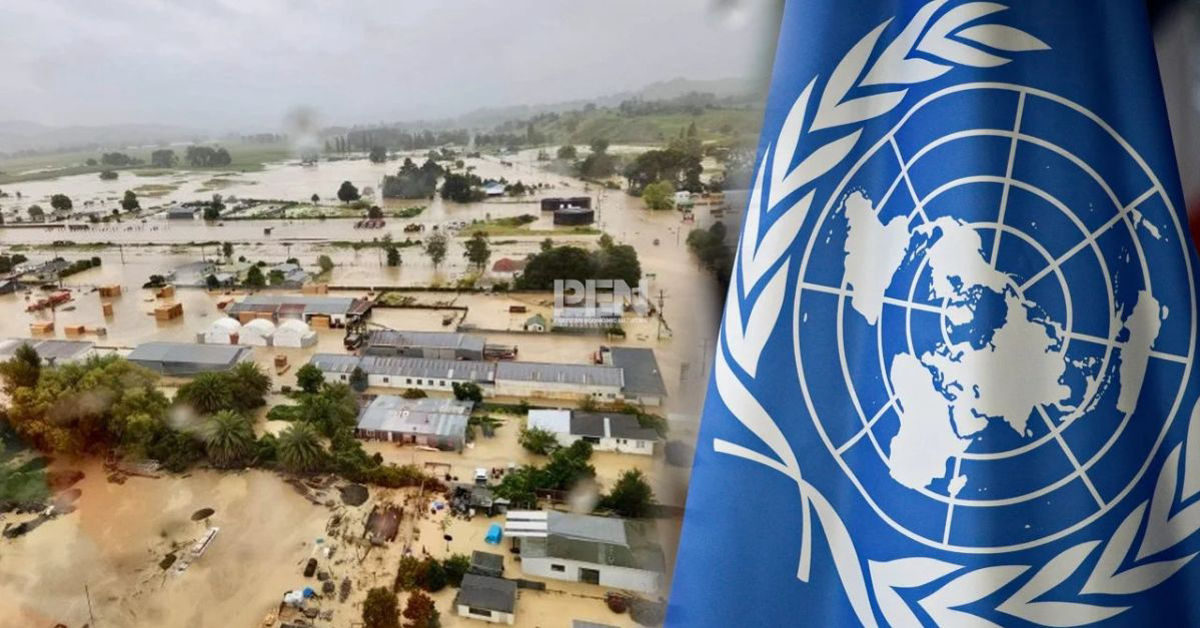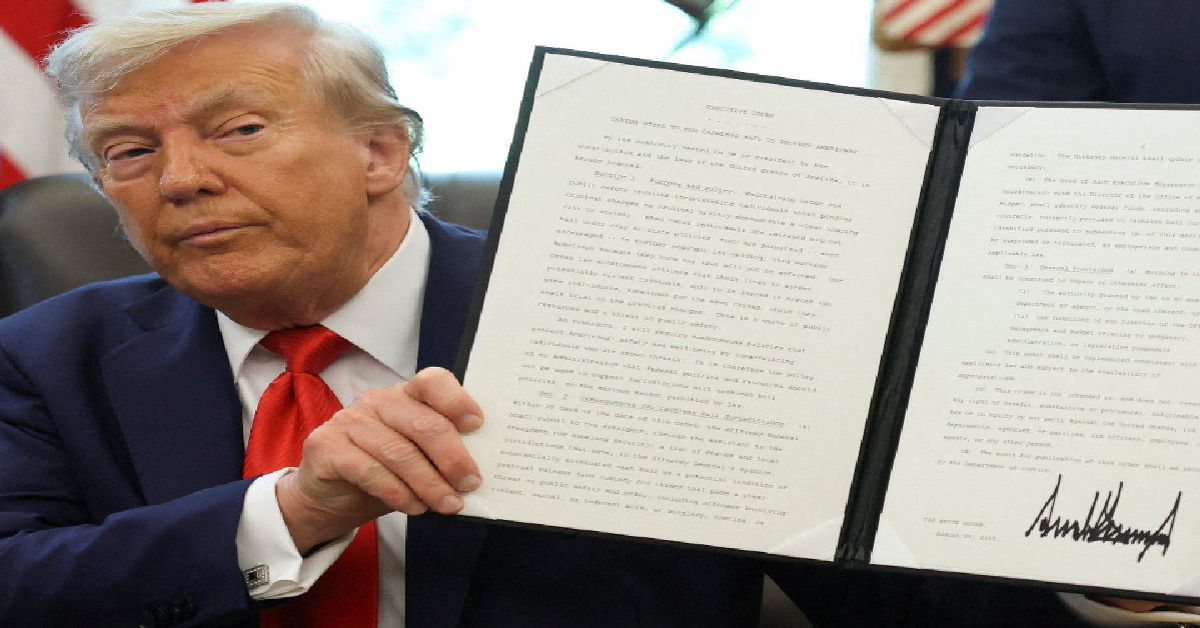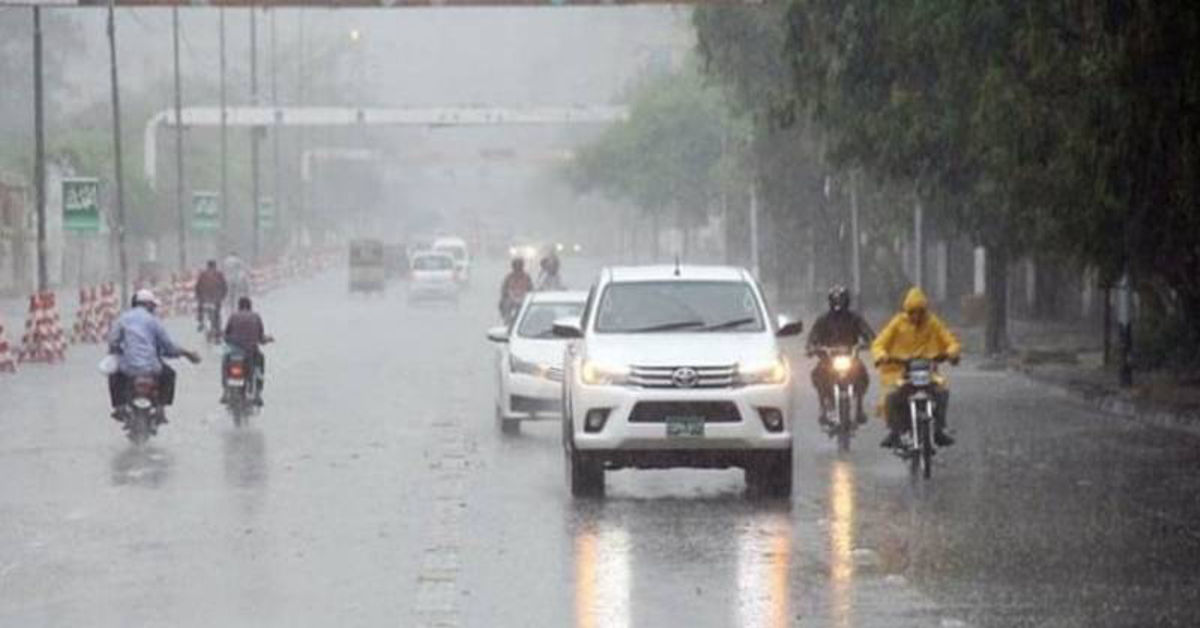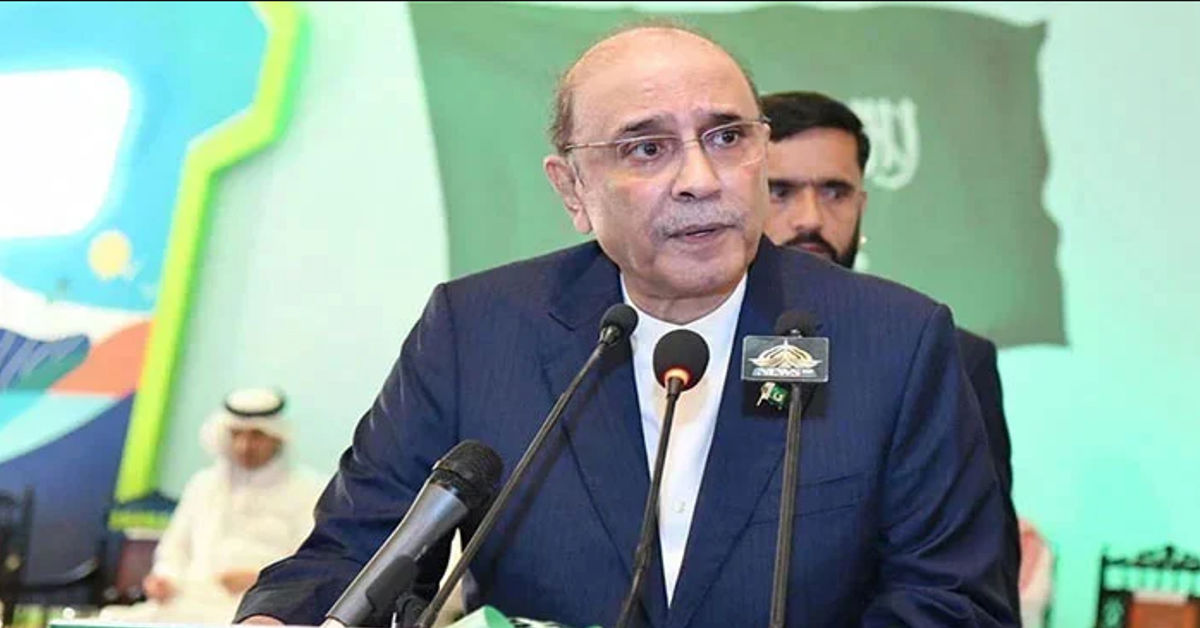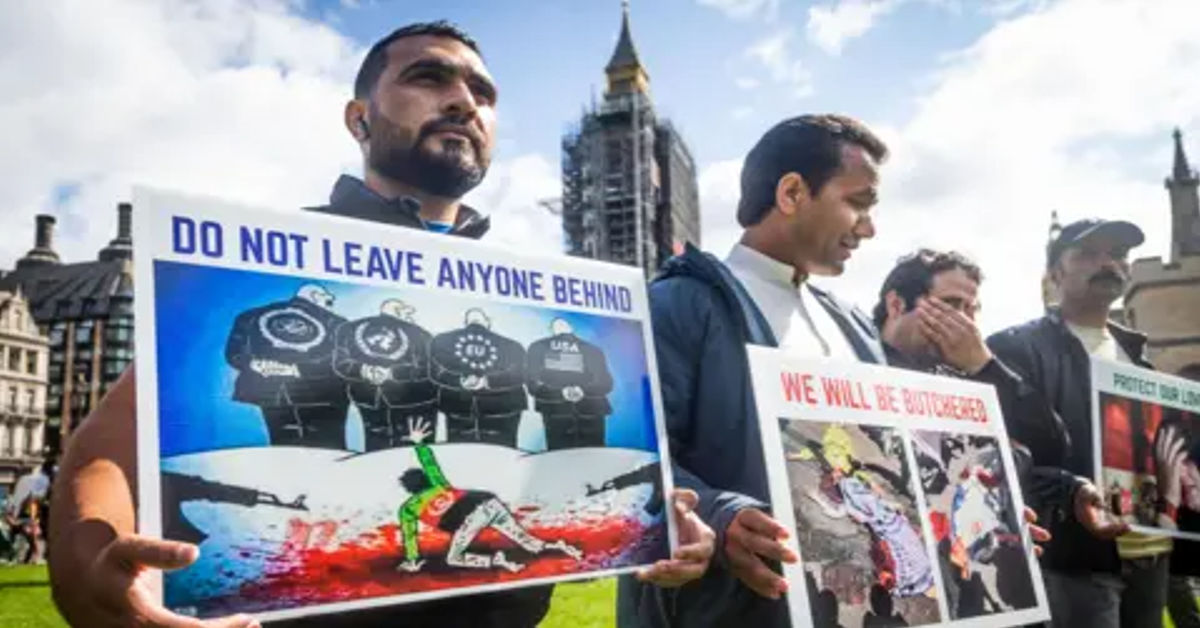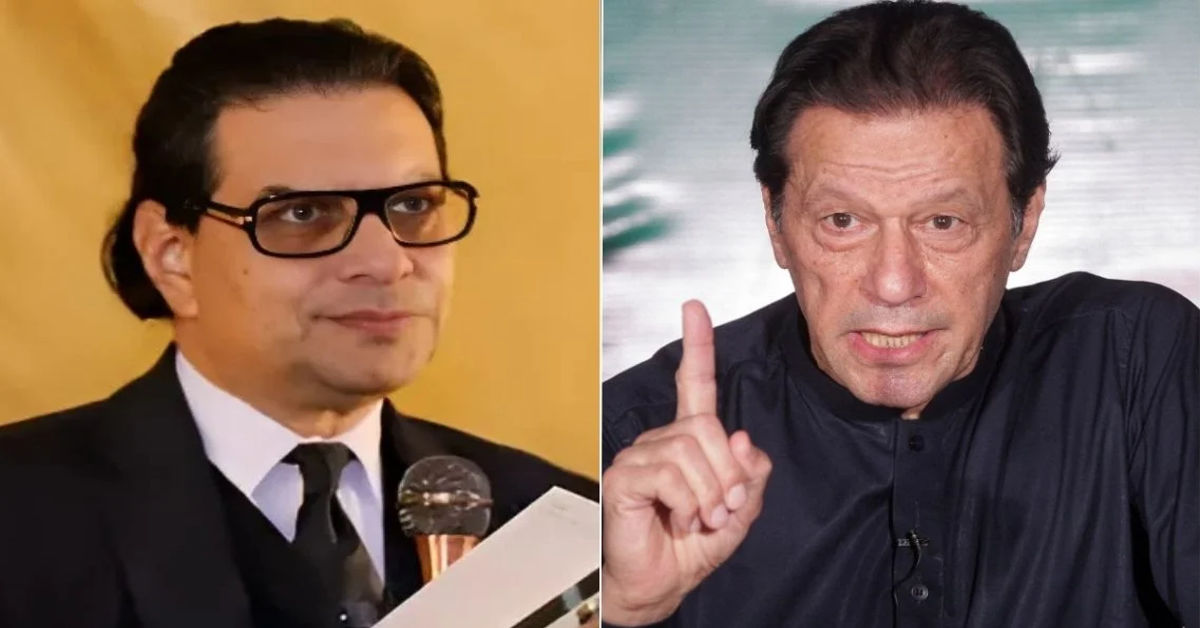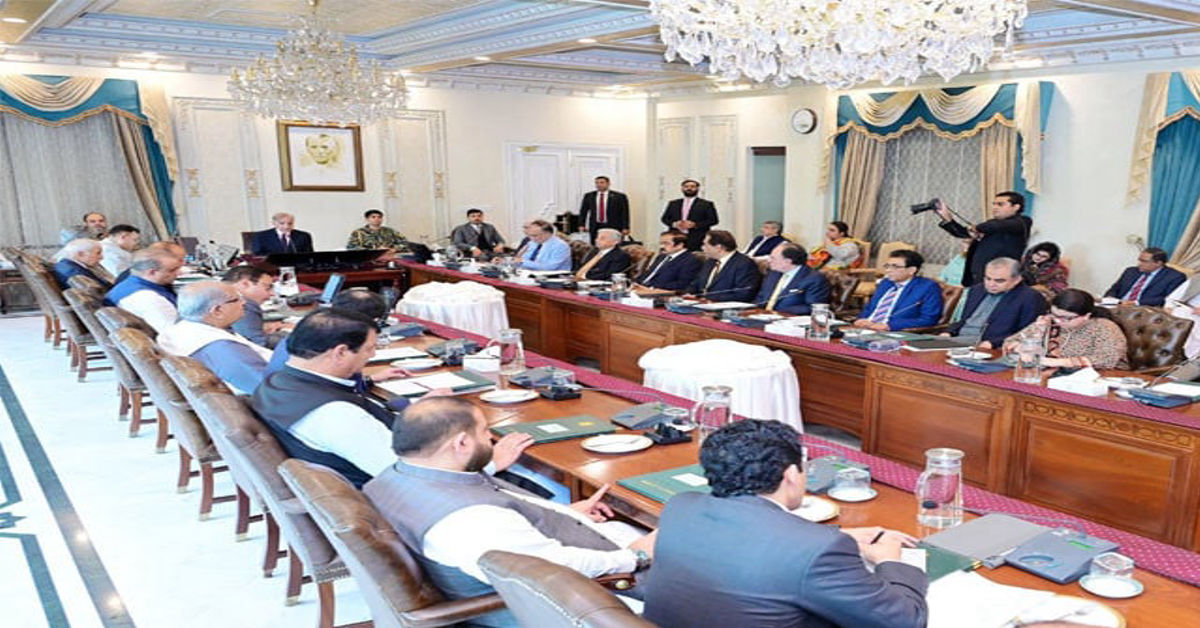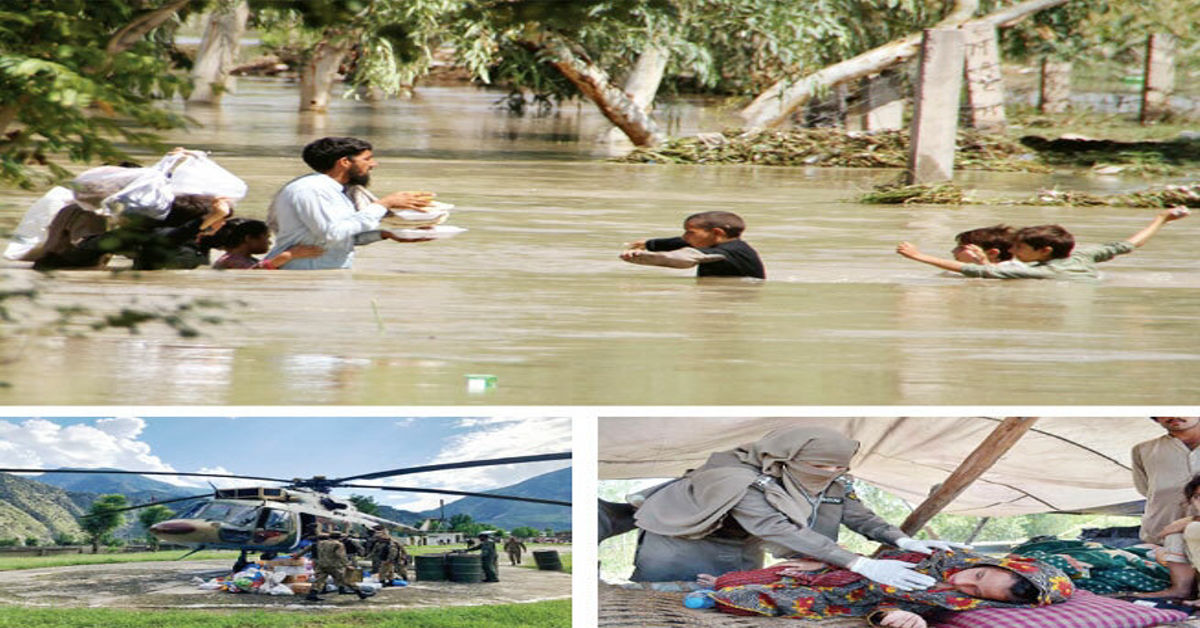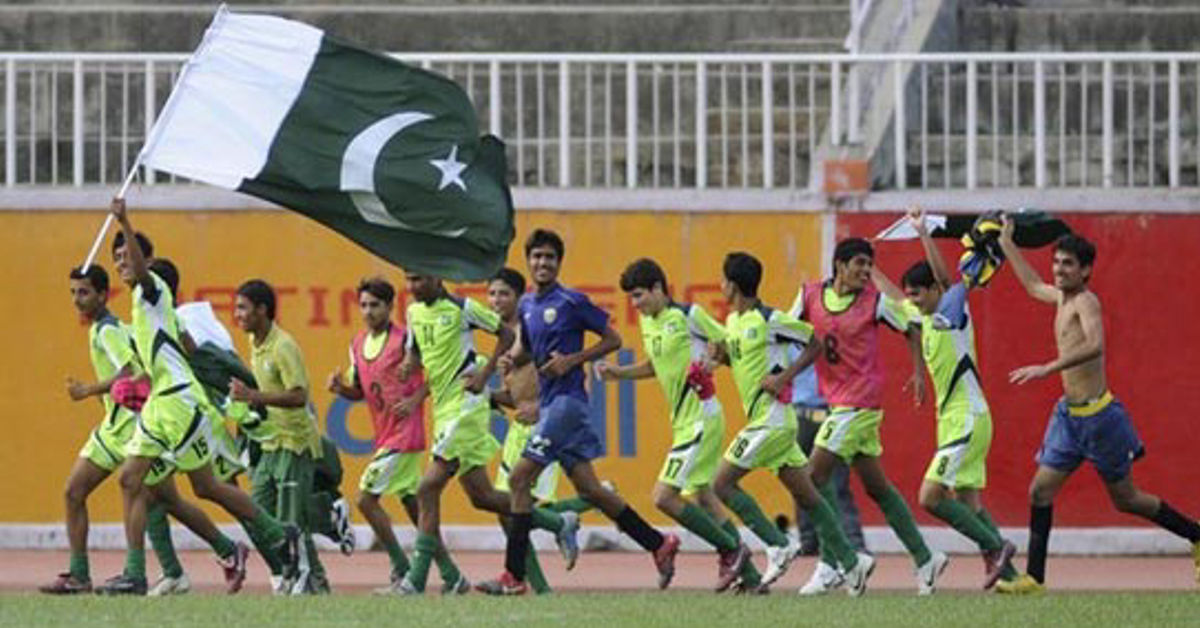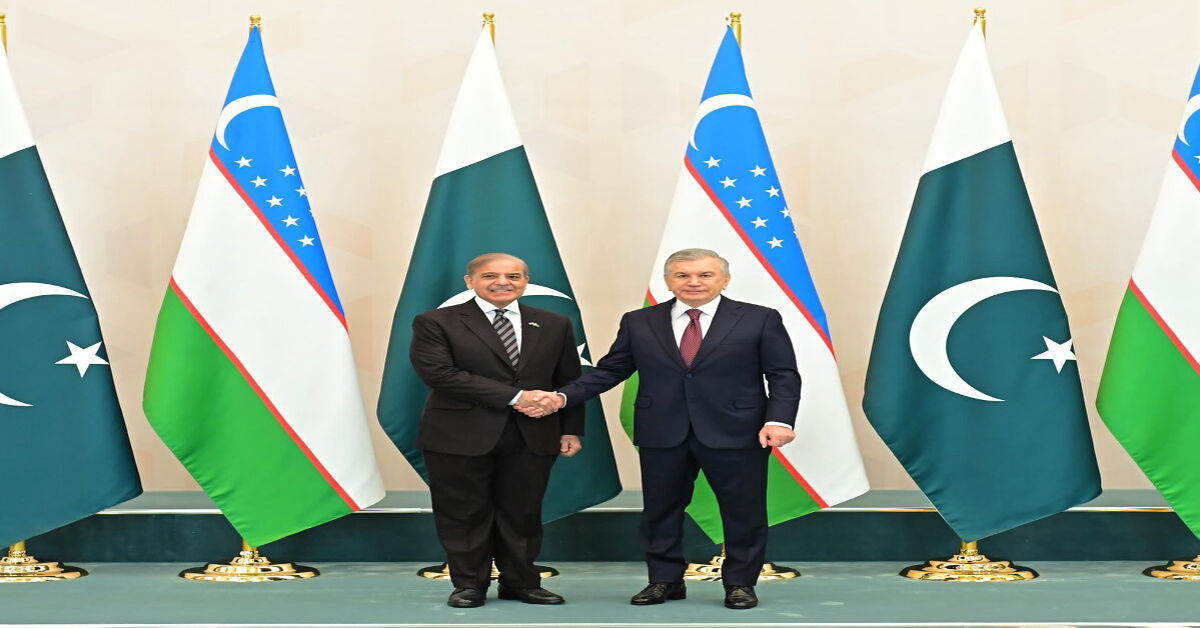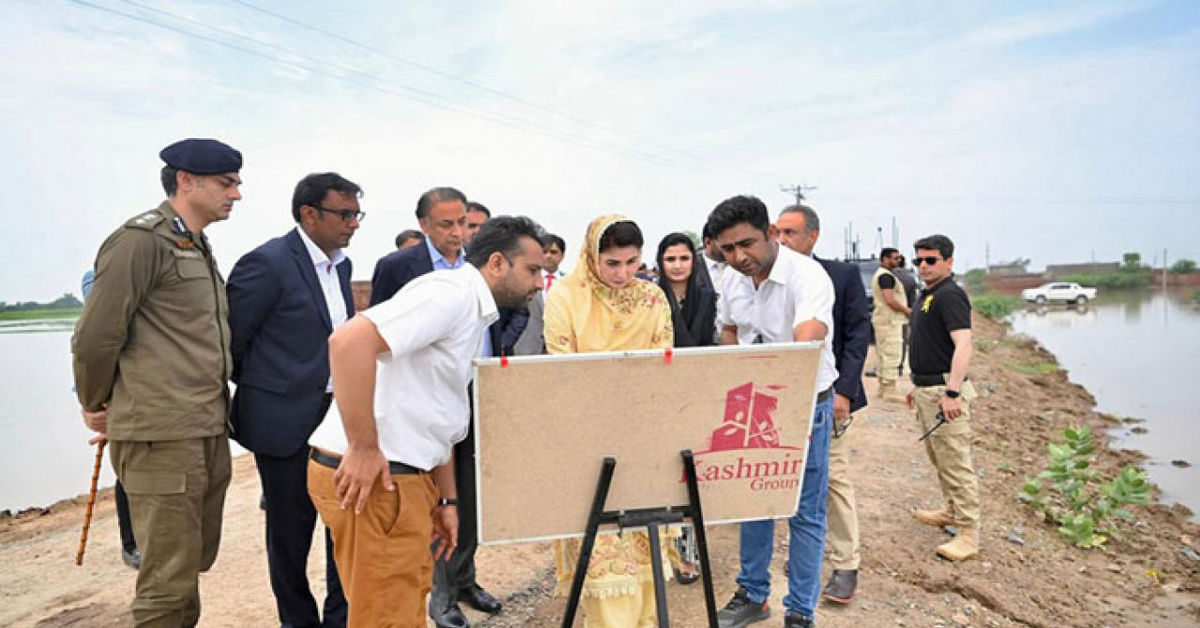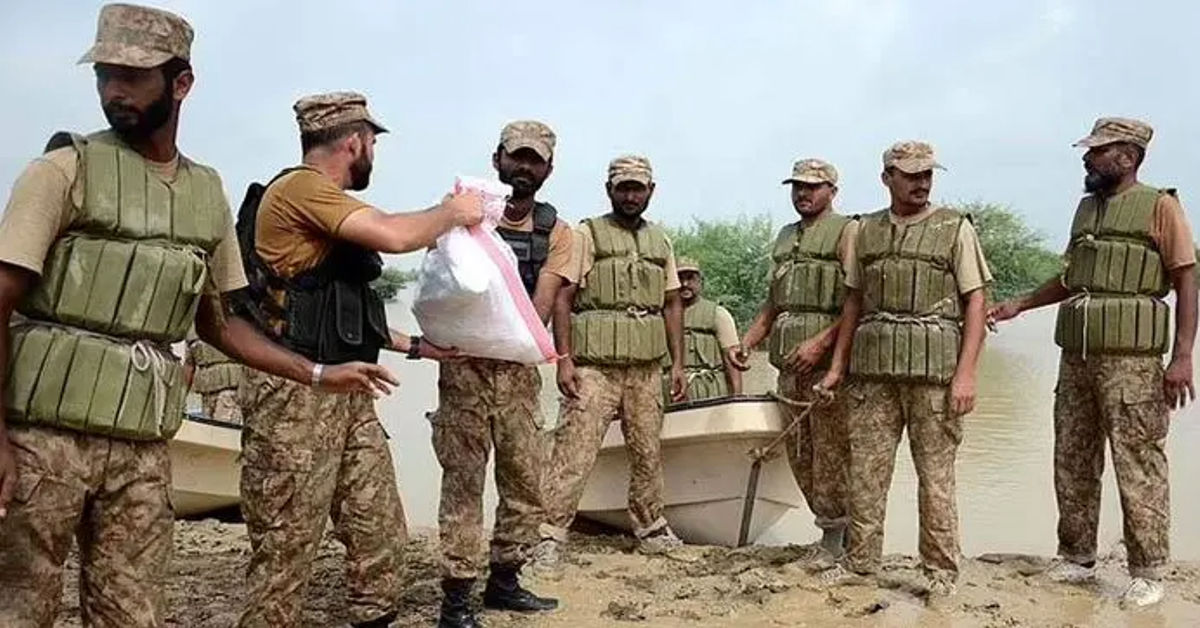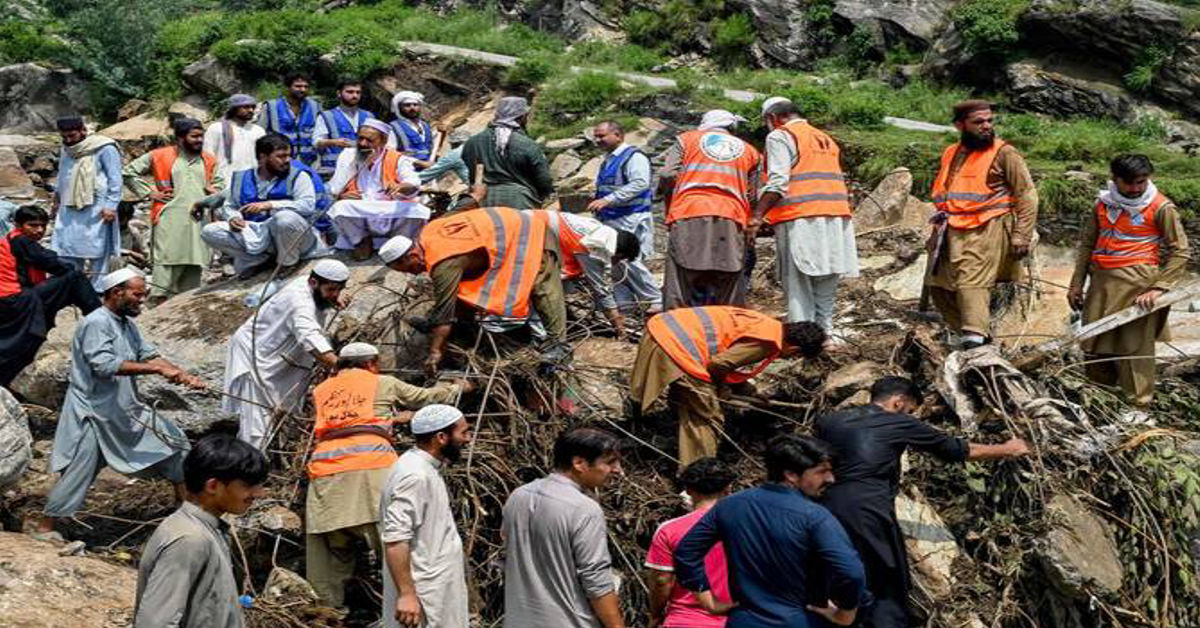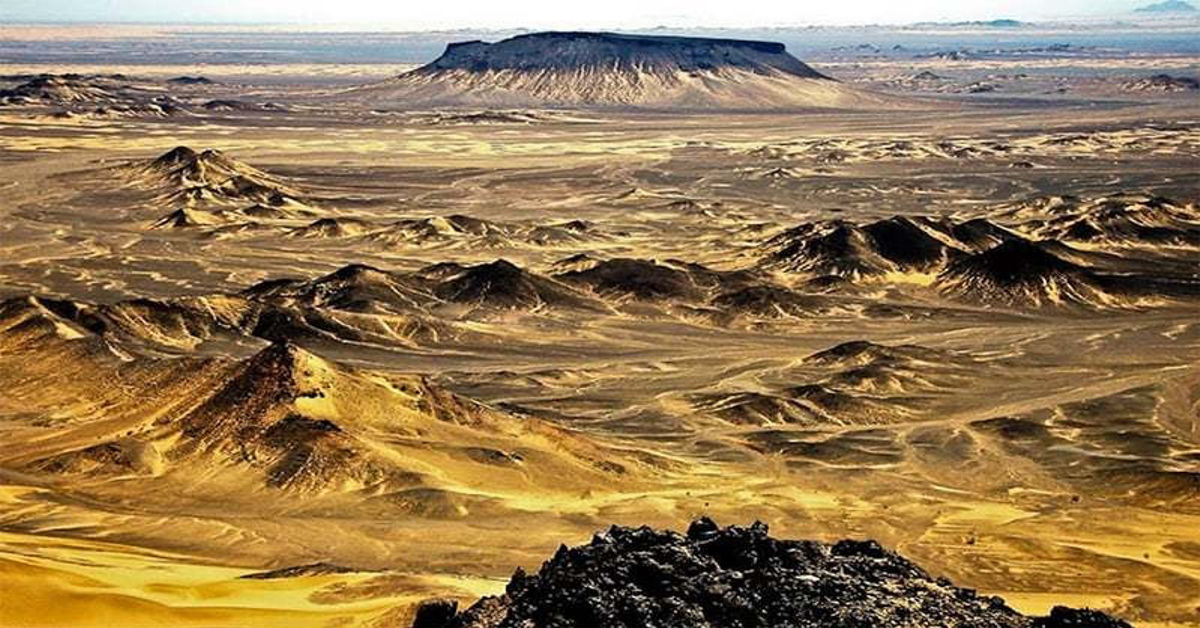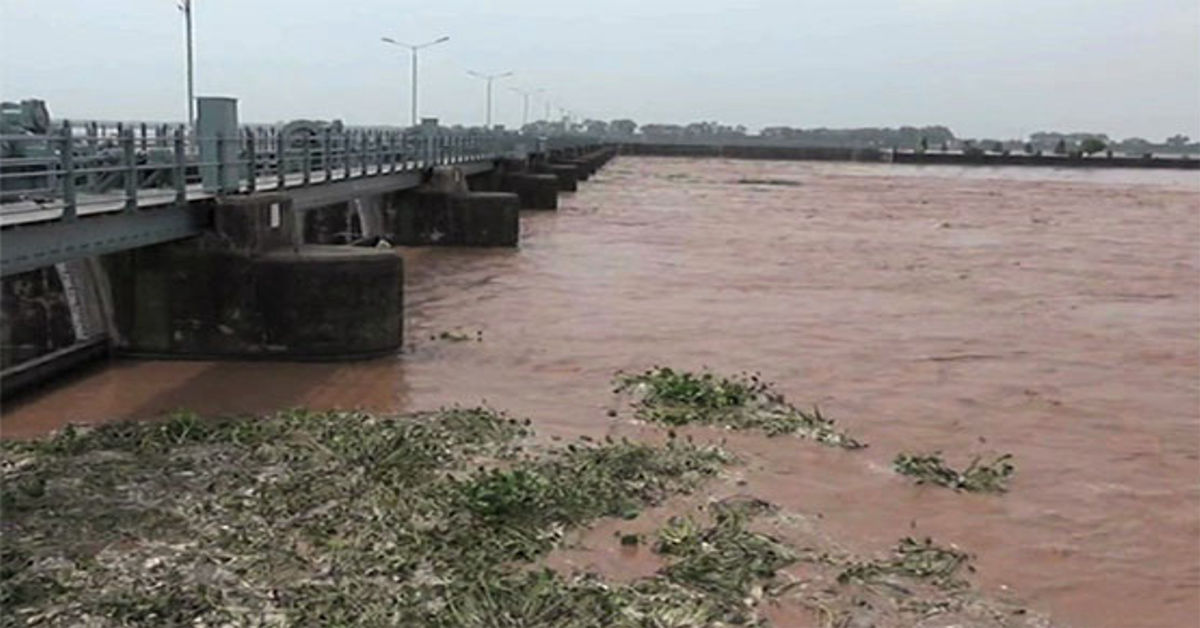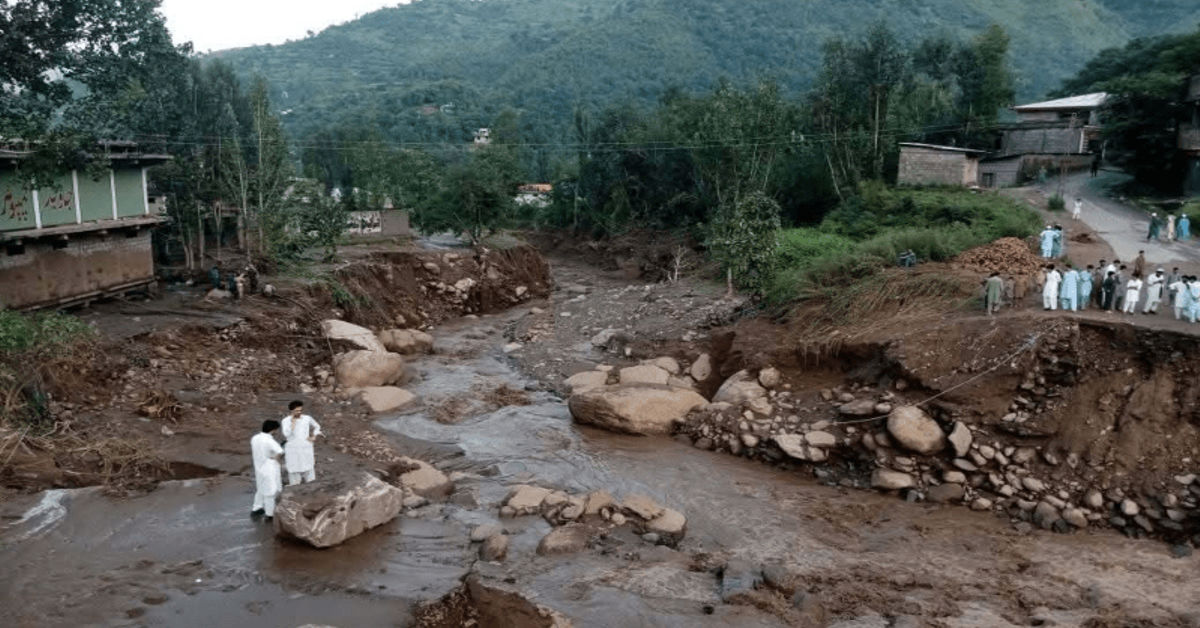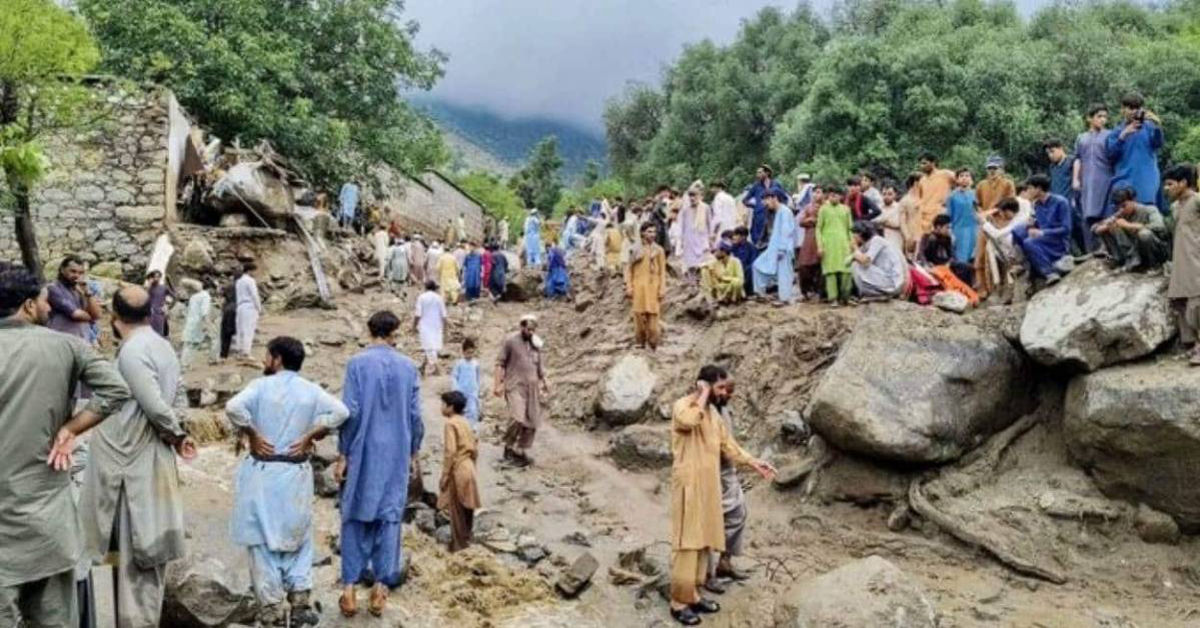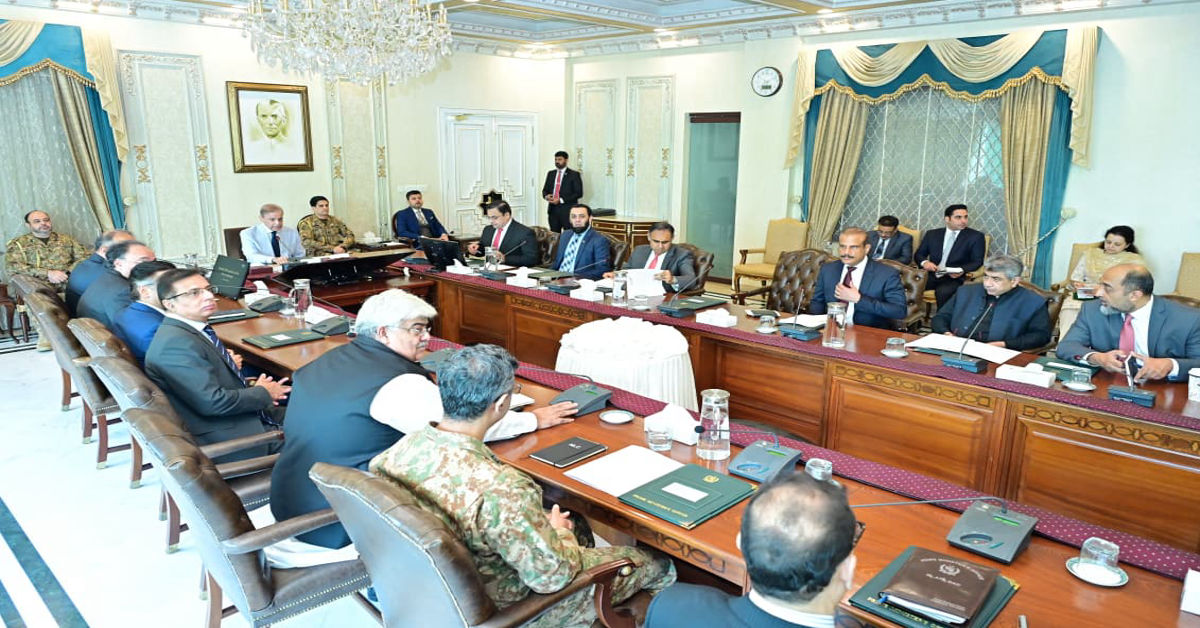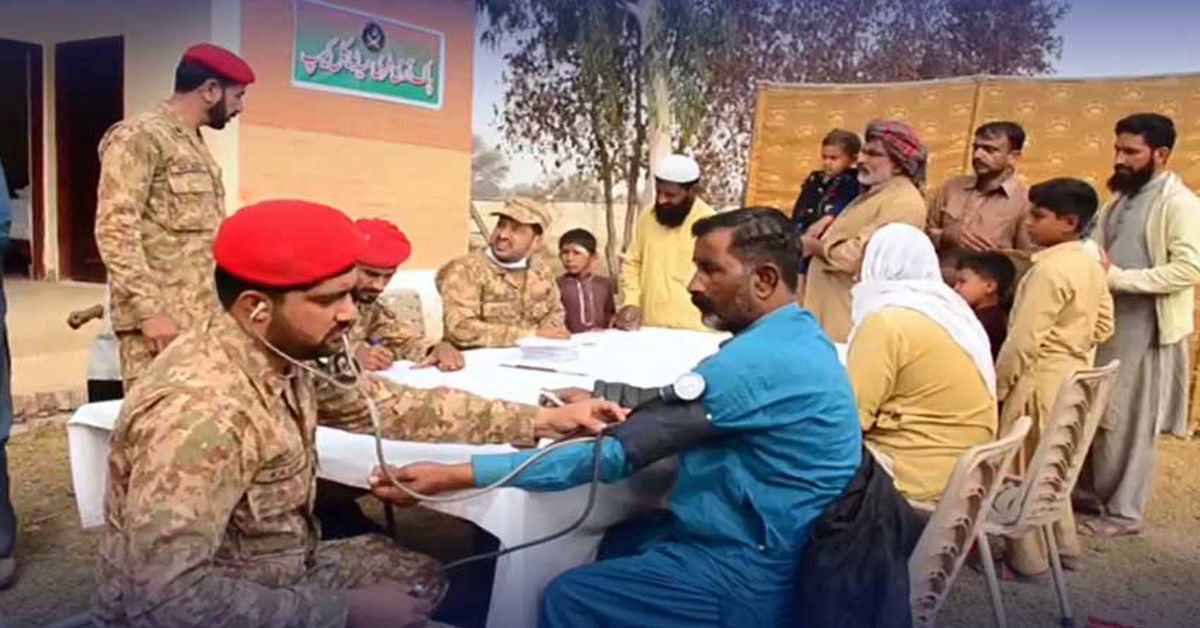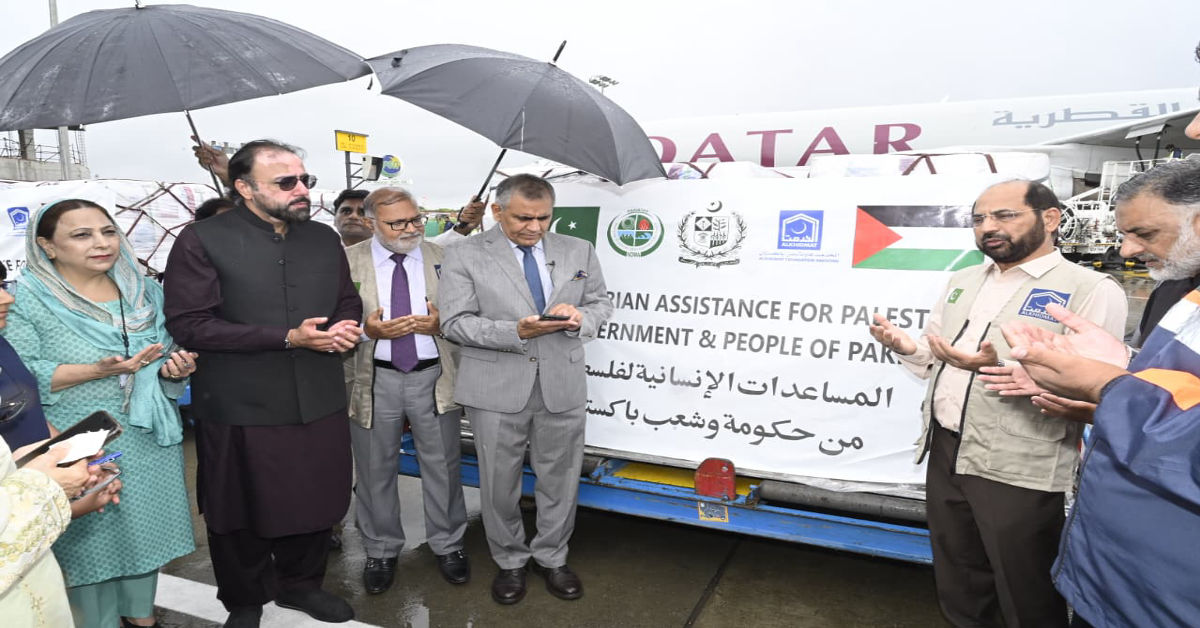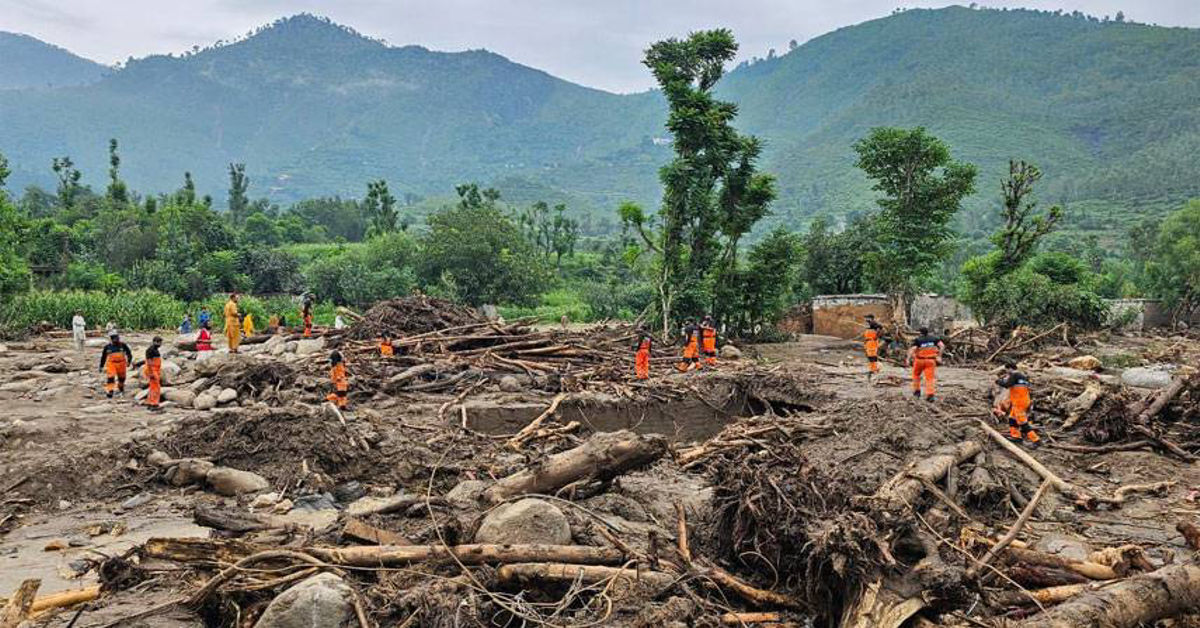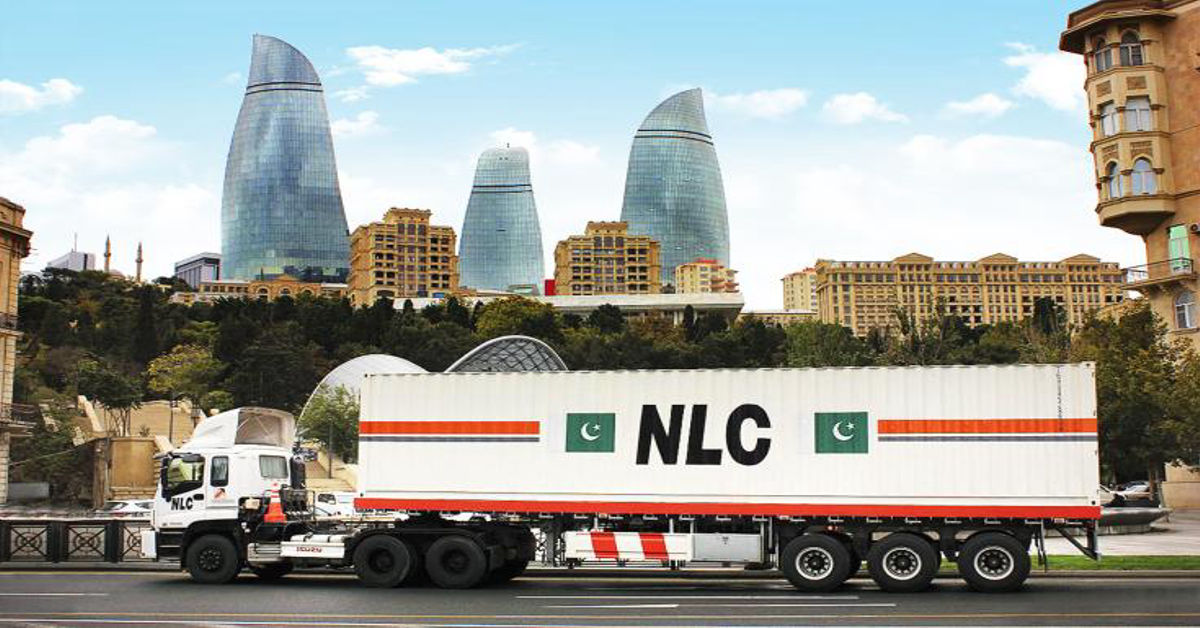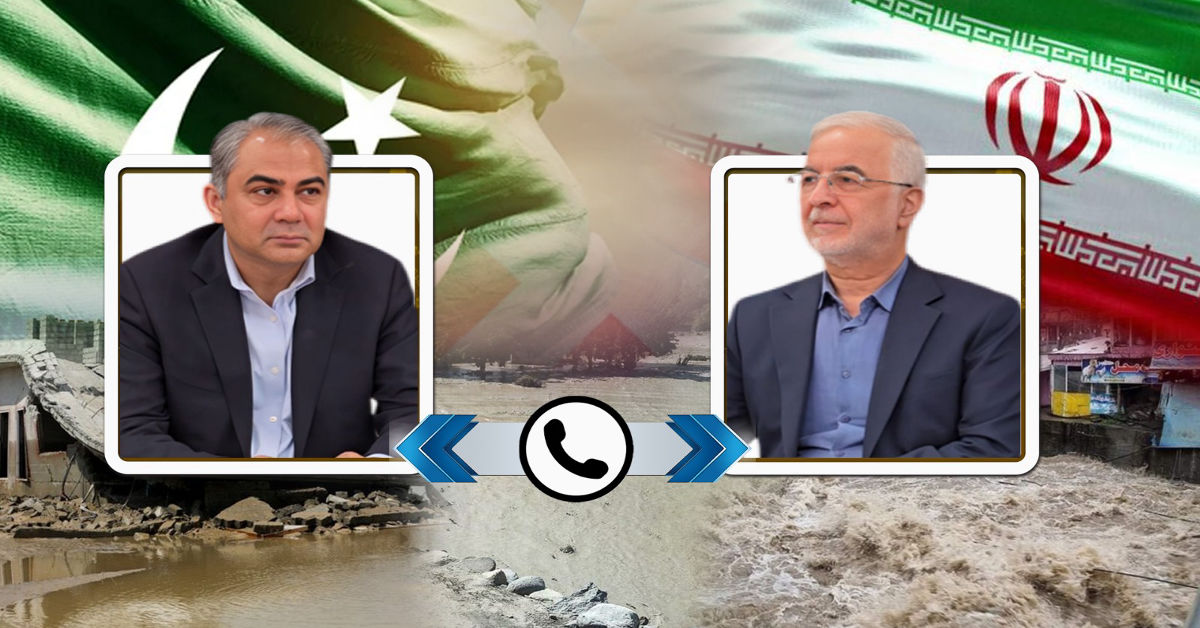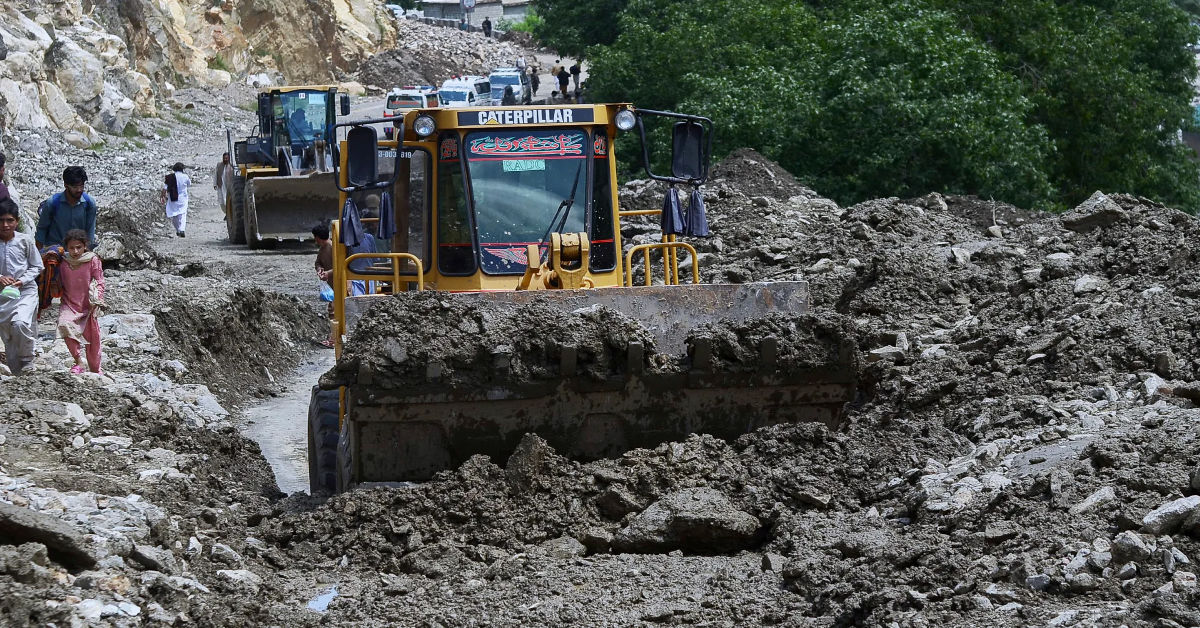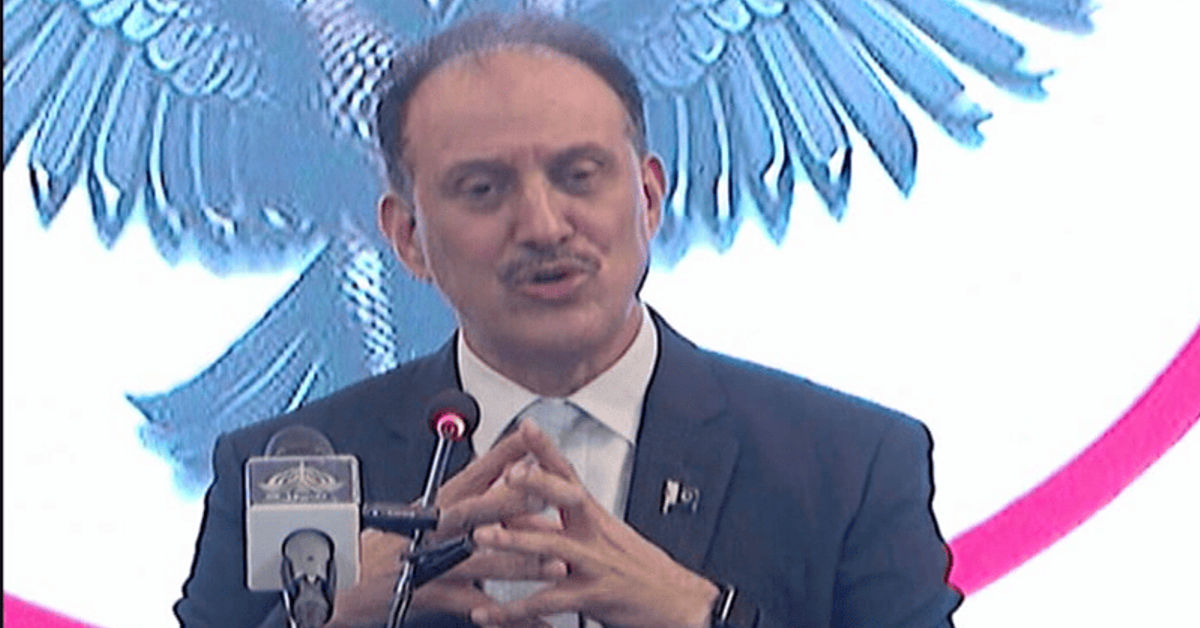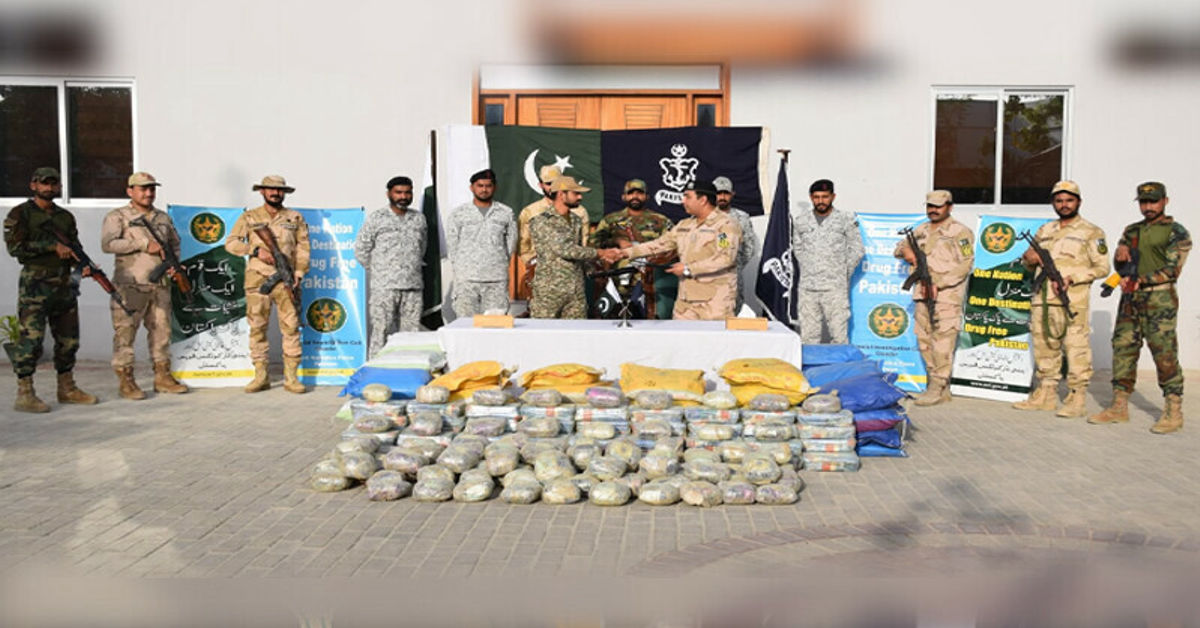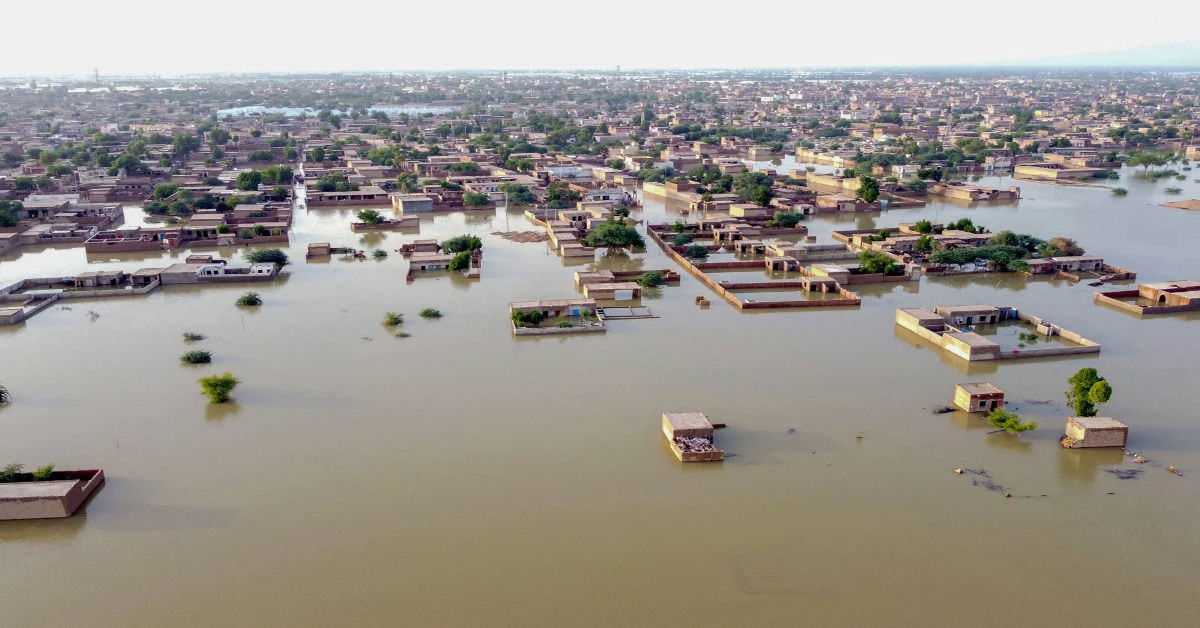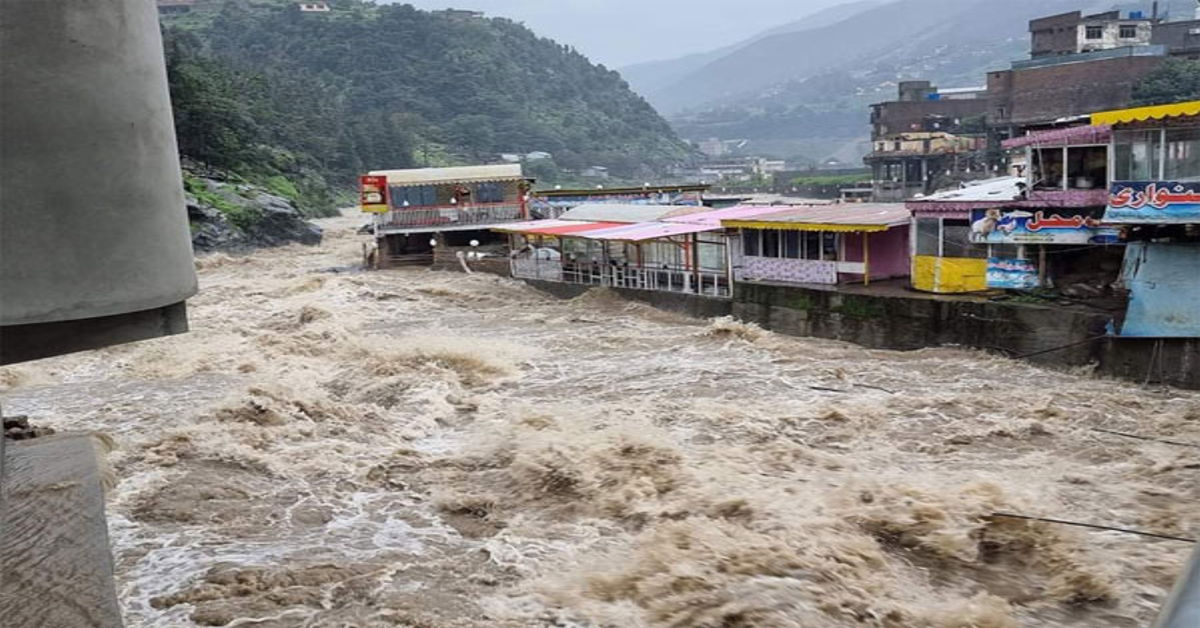
The longstanding hostilities between Israel and Iran have erupted into a fresh wave of deadly violence, with both nations exchanging missile strikes and intensifying their military operations. Over the past several days, Israeli forces have targeted numerous Iranian missile and weapons sites, with Iran confirming significant casualties. According to Iranian officials, at least 224 people have died in Israeli strikes, a figure that underscores the seriousness of this confrontation.
Israeli Airstrikes Target Strategic Military Assets
In response to what it claims are mounting threats from Iran-backed groups, Israel has launched targeted airstrikes on Iranian military infrastructure. These strikes have reportedly destroyed missile depots, weapons manufacturing facilities, and key communication hubs. Israeli officials assert that the operations are necessary to neutralize threats and maintain national security, particularly in light of Iran’s increasing military footprint in the region.
Iran Rejects Ceasefire Amid Ongoing Attacks
As international observers call for de-escalation, Iran has firmly stated that it will not engage in ceasefire negotiations while it remains under attack. Iranian authorities argue that any peace talks must begin only after the cessation of Israeli military operations. The Iranian leadership views Israel’s strikes as acts of aggression and has vowed to defend its sovereignty and respond accordingly.
Casualty Figures Reveal Human Cost of Conflict
The toll on human life has become a focal point of concern. Iran’s announcement of 224 casualties illustrates the deadly impact of Israel’s offensive. On the other hand, Israel has confirmed 14 fatalities on its side, resulting from retaliatory strikes and cross-border exchanges. As both countries mourn their dead, the global community is expressing growing concern over the humanitarian consequences of this conflict.
US President Trump Calls for Immediate Resolution
Former US President Donald Trump has weighed in on the situation, urging both Iran and Israel to “make a deal” and end the bloodshed. Using his Truth Social media platform, Trump revealed that numerous diplomatic calls and meetings are taking place behind the scenes. He suggested that peace could be possible “soon” and emphasized the importance of halting the violence before it spirals into a broader regional war.
Diplomatic Back channels Reportedly Active
Despite the public hardline stance of both nations, reports indicate that diplomatic channels are quietly operating in the background. Unnamed sources from regional and global powers suggest that efforts are underway to broker a temporary truce or establish conditions for broader negotiations. These attempts are being led by various international stakeholders, including the United Nations, the European Union, and key Middle Eastern nations like Turkey and Qatar.
Impact on Regional Stability and Global Markets
The escalating conflict between Israel and Iran is sending shockwaves across the Middle East and beyond. Neighboring countries fear the possibility of being drawn into the conflict, especially Lebanon, Syria, and Iraq, where Iran-backed militias operate. Meanwhile, global oil markets are reacting nervously to the developments, with crude oil prices experiencing sharp increases amid fears of supply disruptions.
Public Sentiment and Civilian Reactions
On both sides of the conflict, ordinary citizens are bearing the brunt of the violence. In Iran, civilians are grappling with the aftermath of deadly airstrikes, seeking shelter and medical aid. In Israel, communities near the borders are on high alert, with frequent sirens and rocket warnings disrupting daily life. The civilian population in both nations is increasingly vocal in its plea for peace, highlighting the emotional and psychological toll of continuous warfare.
International Community Urges Restraint
Global leaders and institutions are calling for an immediate de-escalation of hostilities. The United Nations has issued statements condemning the loss of life and urging both parties to abide by international humanitarian law. The European Union has expressed concern about the possibility of the conflict expanding further, while Russia and China have called for calm and diplomatic resolution. Several nations have offered to mediate the crisis in an effort to prevent a full-scale war.
Outlook for Peace Remains Uncertain
While there is some indication of behind-the-scenes diplomatic activity, the public rhetoric from both Iran and Israel remains combative. Iran’s refusal to engage in ceasefire talks under current conditions and Israel’s continuation of airstrikes suggest that the path to peace will be challenging. Both nations appear committed to achieving their strategic objectives before considering negotiations, making the situation volatile and unpredictable in the short term.
Conclusion
The latest round of violence between Israel and Iran marks a significant escalation in a conflict that has simmered for decades. With hundreds of lives already lost and infrastructure devastated, the urgency for a peaceful resolution is more pressing than ever. While diplomatic efforts are reportedly underway, the open hostility and mutual distrust between the two nations pose significant hurdles. As the international community watches anxiously, the hope remains that both sides can eventually find common ground and avoid plunging the region into deeper turmoil.

